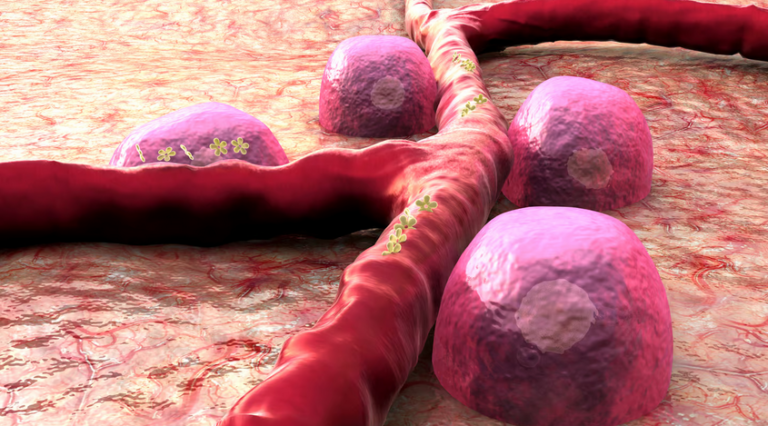Researchers have taken a big step forward in the quest to regenerate the pancreatic beta-cells damaged by type 1 diabetes. Using FDA-approved drugs usually given to patients with rare cancers, they reprogrammed pancreatic cells to produce and secrete insulin in response to glucose. The discovery could mean that, one day, diabetics won’t need to take multiple daily insulin injections.
Pancreatic beta-cells synthesize, store and release insulin. But, in type 1 diabetes (T1D), the immune system selectively destroys these cells over time, leading to a lifelong dependence on exogenous insulin administration for survival. While insulin therapy helps control blood glucose, it doesn’t prevent, stop, or reverse the destruction of the pancreas’ insulin-secreting cells.
Hamas “CEO” financier of October 7 attack living freely in Turkey
For many years, research has focused on identifying novel therapies that stimulate beta-cell growth and function to restore insulin production in type 1 diabetics. Now, in an exciting breakthrough, researchers at the Baker Heart and Diabetes Institute in Melbourne, Australia, have brought us a step closer to making this a reality, regenerating damaged pancreatic cells so they can produce insulin and functionally respond to blood glucose levels.
Continue here: New Atlas
Ask me anything
Explore related questions





